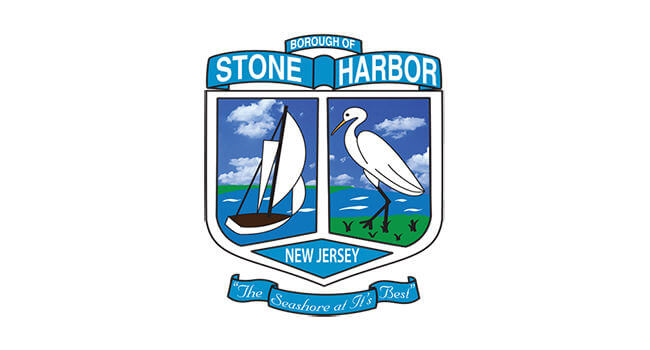STONE HARBOR – Council member Jennifer Gensemer scheduled borough solicitor Marcus Karavan to give a presentation on the borough’s form of government at Stone Harbor Council’s Feb. 21 meeting.
Gensemer chairs the council’s standing committee on Finance and Administration.
Whatever Gensemer expected from the presentation, she did not get it, for she ended the discussion saying she was more confused than when she started.
According to Karavan, the borough form of government dates to the Borough Act of 1878, updated in 1897, and again by the Borough Act of 1987. Under this form, the mayor, elected at large to a four-year term, retains “general law” authority, presides over council meetings, and gets a vote at council in the case of a tie.
The governing body is a six-person council elected at large to staggered three-year terms. The council is the legislative body for the borough. All executive powers not placed in the office of the mayor by general law or borough law remain with the council, according to the New Jersey League of Municipalities (NJLM).
Gensemer repeatedly asked if Stone Harbor was a “weak mayor/strong council” form, with Karavan replying that the statute does not mention those terms for a borough form.
A NJLM article published in 2007 states that the borough form is often “referred to” as a “weak mayor/strong council form.” That is not an official designation.
Gensemer kept probing for the terms “weak mayor” and “strong council.” The intent of that probing was not clear.
A conflict of sorts between the mayor and most of the council was visible in the move to fire the borough administrator without closed door discussion, even though the mayor pleaded to go into conference.








